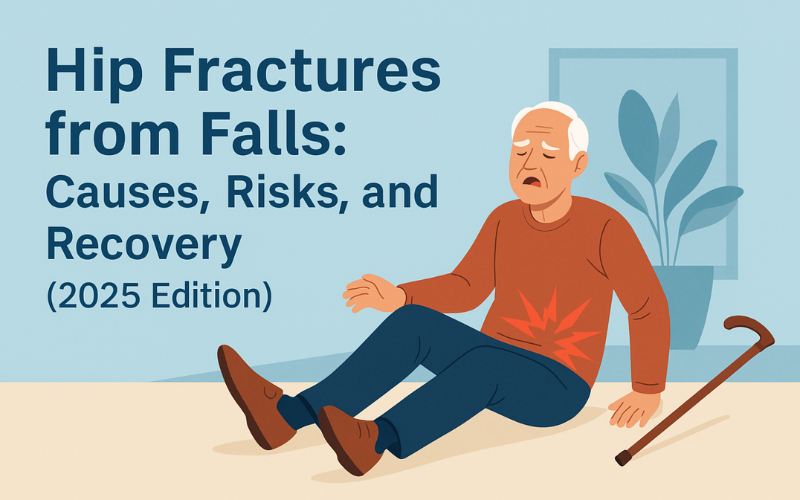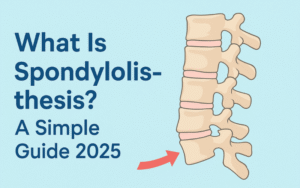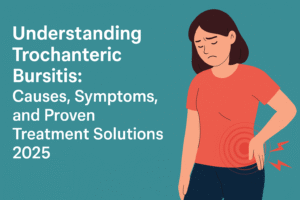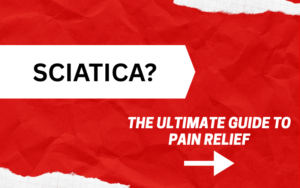Falls happen fast—but the impact can last a lifetime. One of the most serious injuries older adults face are hip fractures from falls. These breaks can lead to surgery, long hospital stays, and months of recovery. The good news? Many falls—and the fractures they cause—can be prevented.
In this 2025 guide, we’ll break down the causes, risks, and best ways to recover from hip fractures caused by falls. Whether you’re caring for a loved one or looking to protect yourself, this article will help you stay informed and prepared.
🚨 Suffering from chronic hip pain? Check out our Understanding Trochanteric Bursitis blog post, or other related posts throughout this site.
Table of Contents
🏁 What Is a Hip Fracture?
A hip fracture is a break in the upper part of the thigh bone (femur), right near the hip joint. This injury often makes it very hard—or even impossible—to stand or walk.
There are two main types:
- Femoral neck fractures – just below the ball of the hip joint
- Intertrochanteric fractures – lower down the bone, between bony ridges
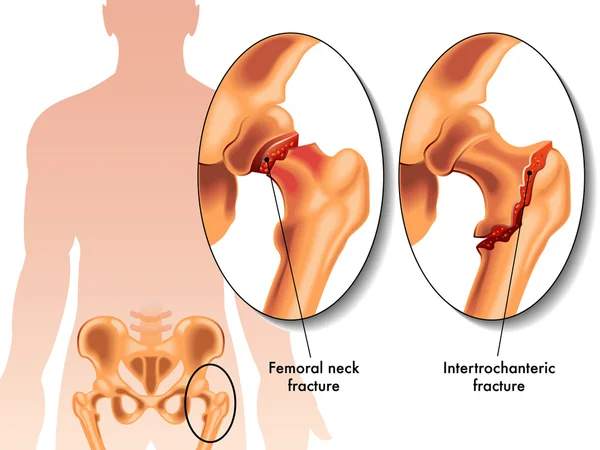
These breaks almost always require surgery, especially in older adults.
🦴 Why Do Falls Often Cause Hip Fractures?
Falls are the #1 cause of hip fractures in seniors. In fact, about 95% of hip fractures happen because of a fall—usually from standing height or less. A simple trip on a rug or slip in the bathroom can lead to a serious injury.
As we age, our bones become weaker (a condition called osteoporosis), and our balance often declines. This combination makes the hips more fragile and more likely to break during a fall.
💡 Quick Fact: Women are more likely than men to suffer hip fractures due to bone loss after menopause.
🧓 Who’s Most at Risk?
Some people are more likely than others to suffer hip fractures from falls. Here are some key risk factors:
- Age 65 and up
- Weakened bones (osteoporosis or low vitamin D)
- Muscle loss and poor balance
- Vision problems
- Side effects from medications (like dizziness or drowsiness)
- Cluttered or unsafe home environments
- History of previous falls
Even being slightly off balance can make a fall more dangerous if your bones are weak.
🛡️ How to Prevent Hip Fractures
The best way to protect yourself from a hip fracture is to prevent falls before they happen. Here are some simple, life-saving steps:
✅ Make Your Home Safer:
- Remove throw rugs or cords
- Add grab bars in bathrooms
- Use non-slip mats in showers
- Keep walkways well-lit and clutter-free
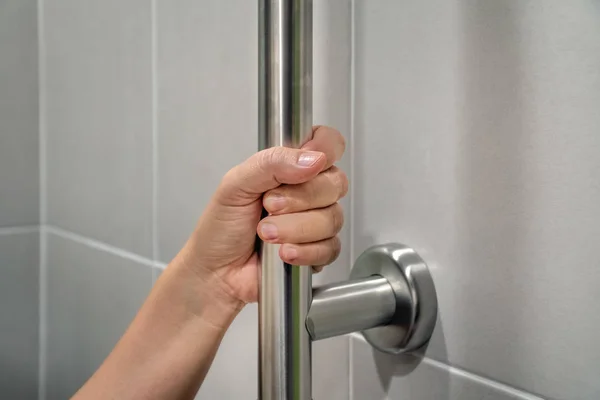
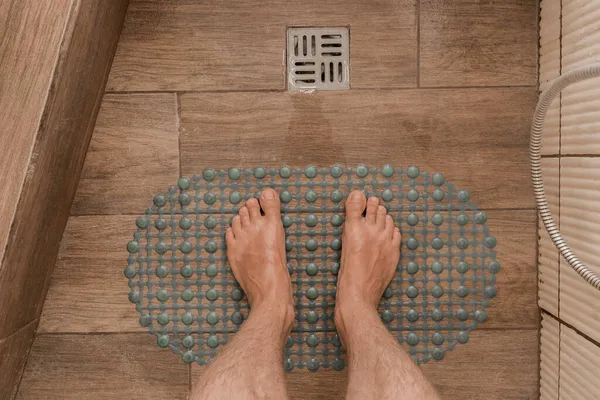
✅ Strengthen Your Body:
- Try balance exercises like Tai Chi or yoga
- Practice leg strengthening moves (chair squats, step-ups)
- Walk regularly to stay mobile
✅ Improve Your Bone Health:
- Get enough calcium and vitamin D
- Ask your doctor about osteoporosis screenings
- Avoid smoking and limit alcohol
🔍 Tip: Falls at home account for over half of all hip fractures. Just a few safety upgrades can make a big difference.
🏥 What Happens After a Hip Fracture?
If someone falls and suffers a hip fracture, they’ll likely:
- Feel severe pain in the hip or groin
- Be unable to walk or put weight on the leg
- Notice that the leg appears shorter or turned outward
Most patients need:
- Emergency care and X-rays
- Surgery (pins, rods, or a hip replacement)
- A hospital stay (typically 4–7 days)
- Rehabilitation (can take 8–12 weeks or more)
💪 Recovery: Regaining Strength and Movement
Recovering from a hip fracture after a fall takes time and patience. But with the right steps, most people can get back on their feet.
Recovery Tips:
- Start physical therapy early (often within 24–48 hours after surgery)
- Use assistive devices like walkers, canes, or shower chairs
- Do strength and mobility exercises daily
- Set goals and celebrate small wins during rehab
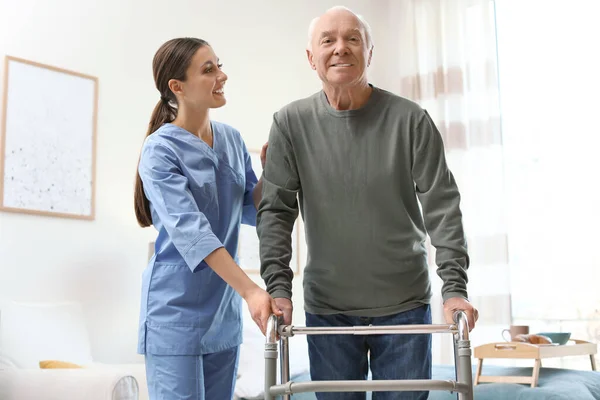
It’s also normal to feel discouraged or anxious after a serious fall. A strong support system, regular check-ins, and encouragement can help boost mental and emotional healing.
🛠️ Helpful Recovery Tools and Products
Here are a few tools that can help prevent falls and assist with recovery:
| Product | Why You Need It | Shop Now |
|---|---|---|
| Hip Protector Pads | Cushions hips in case of another fall | 🛒 Amazon Link |
| Raised Toilet Seat | Reduces strain on hips after surgery | 🛒 Amazon Link |
| Non-Slip Socks | Improves traction on floors | 🛒 Amazon Link |
| Wheeled Walker | Offers safe, stable movement support | 🛒 Amazon Link |
(Affiliate links may earn us a small commission at no extra cost to you.)
🧠 Final Thoughts
Hip fractures from falls are serious—but many are preventable. By making your home safer, staying strong, and keeping your bones healthy, you can lower your risk. And if a fracture does happen, knowing what to expect during recovery can help you or a loved one heal faster and better.
➡️ Want more fall prevention and rehab tips delivered to your inbox?
[Subscribe to our free rehab guide!]


